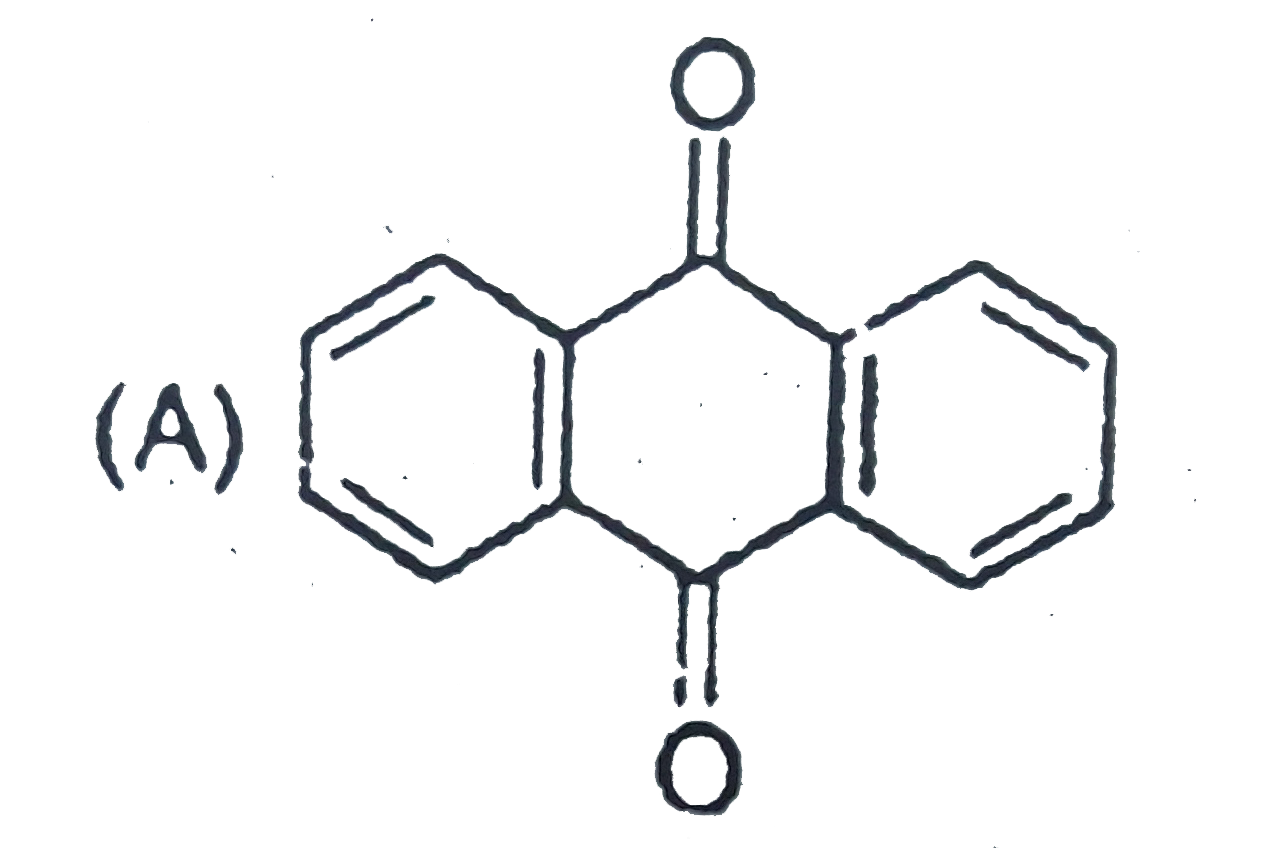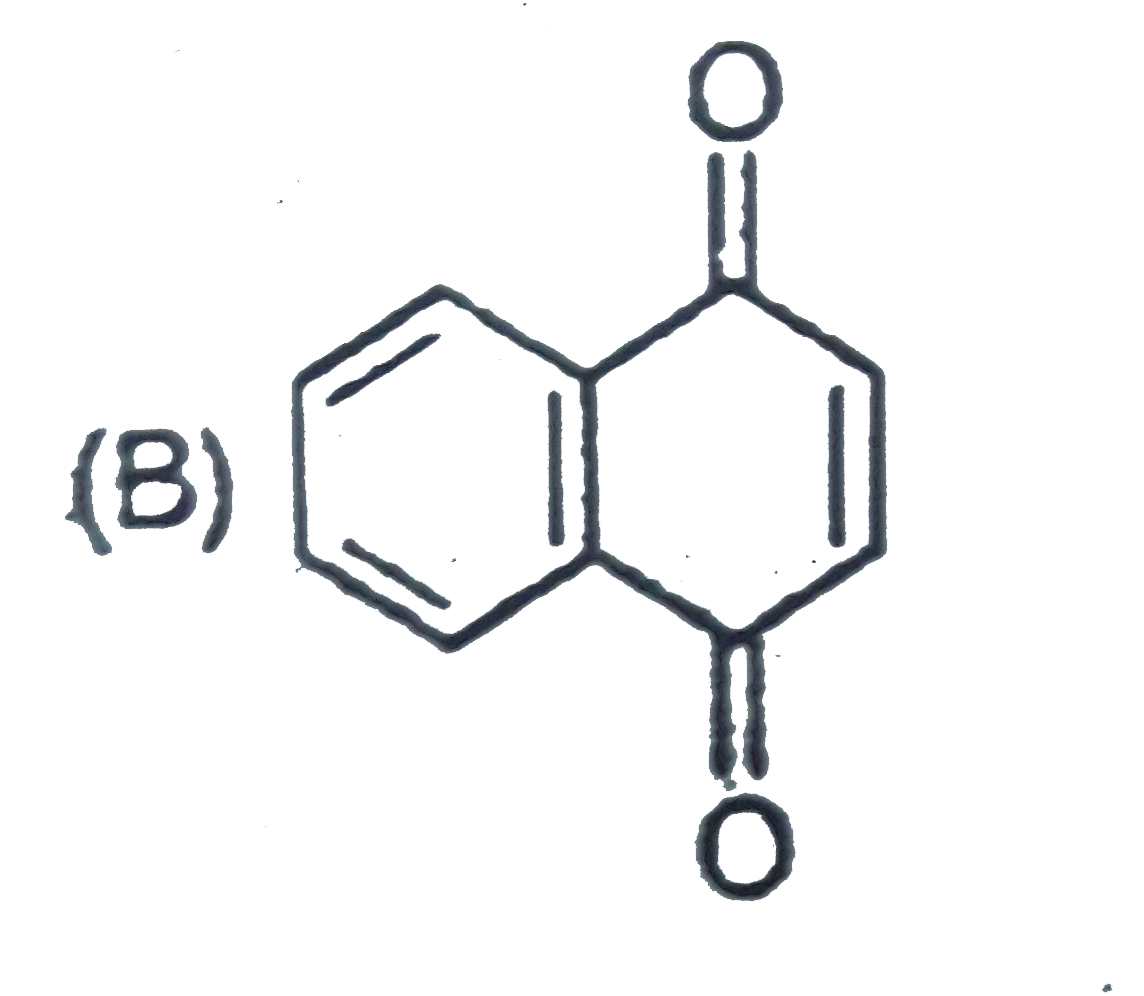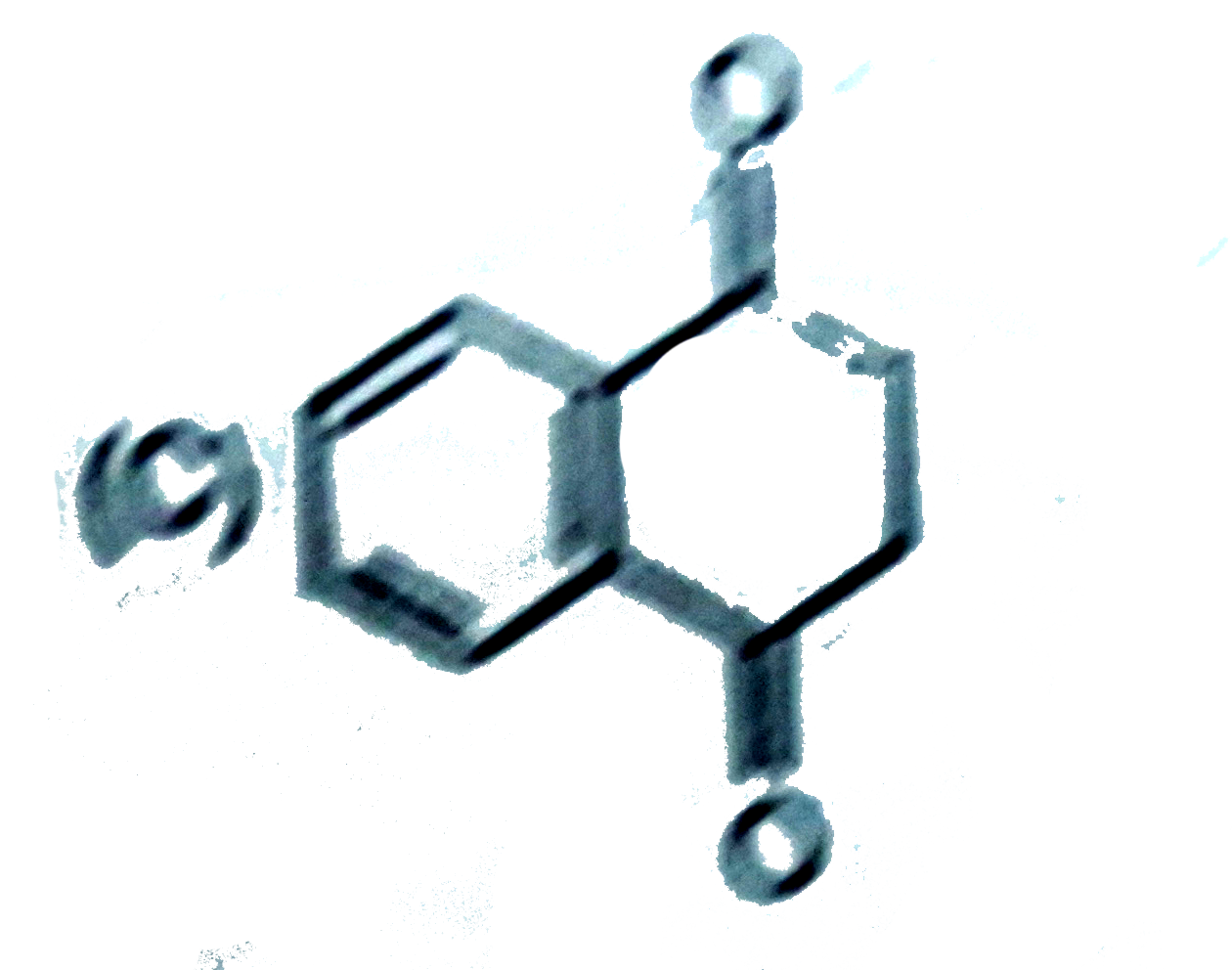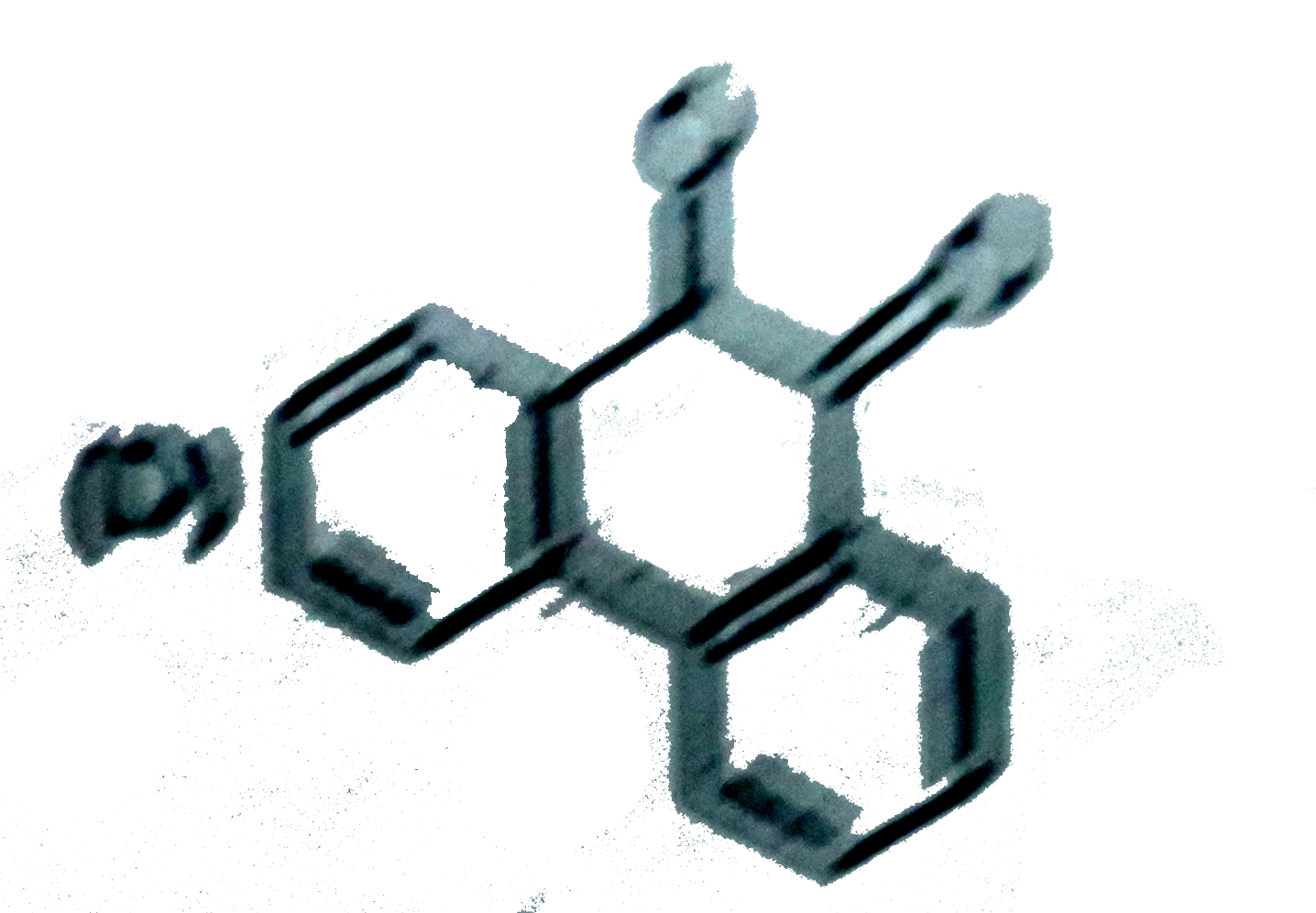Which of these is obtained as the product when ethanol is treated with conc. H2so4 at 413 K ?
Ethyl hydrogen sulphate
diethyl sulphate
ethene
diethyl ether
The correct Answer is:C
To determine the product obtained when ethanol is treated with concentrated sulfuric acid (H₂SO₄) at 413 K, we can follow these steps:
Step 1: Identify the Reactants
The reactant in this reaction is ethanol, which has the chemical formula CH₃CH₂OH.
Step 2: Understand the Role of Concentrated H₂SO₄
Concentrated sulfuric acid acts as a dehydrating agent. This means it will facilitate the removal of water (H₂O) from the ethanol molecule.
Step 3: Determine the Reaction Conditions
The temperature given is 413 K. At this temperature, the reaction will favor the formation of ether through intermolecular dehydration rather than the formation of alkenes (like ethene) which would occur at higher temperatures (443 K).
Step 4: Perform the Reaction
When ethanol is treated with concentrated H₂SO₄ at 413 K, the process involves the following:
1. The ethanol molecule (CH₃CH₂OH) is protonated by H₂SO₄, forming CH₃CH₂OH₂⁺.
2. This protonated ethanol can then undergo intermolecular dehydration, where one ethanol molecule reacts with another.
3. The reaction leads to the formation of diethyl ether (CH₃CH₂OCH₂CH₃) by the elimination of water.
Step 5: Write the Final Product
The final product of the reaction is diethyl ether, which has the chemical structure CH₃CH₂OCH₂CH₃.
Conclusion
Thus, when ethanol is treated with concentrated H₂SO₄ at 413 K, the product formed is diethyl ether.
---
The reactant in this reaction is ethanol, which has the chemical formula CH₃CH₂OH.
Concentrated sulfuric acid acts as a dehydrating agent. This means it will facilitate the removal of water (H₂O) from the ethanol molecule.
The temperature given is 413 K. At this temperature, the reaction will favor the formation of ether through intermolecular dehydration rather than the formation of alkenes (like ethene) which would occur at higher temperatures (443 K).
When ethanol is treated with concentrated H₂SO₄ at 413 K, the process involves the following:
1. The ethanol molecule (CH₃CH₂OH) is protonated by H₂SO₄, forming CH₃CH₂OH₂⁺.
2. This protonated ethanol can then undergo intermolecular dehydration, where one ethanol molecule reacts with another.
3. The reaction leads to the formation of diethyl ether (CH₃CH₂OCH₂CH₃) by the elimination of water.
The final product of the reaction is diethyl ether, which has the chemical structure CH₃CH₂OCH₂CH₃.
Thus, when ethanol is treated with concentrated H₂SO₄ at 413 K, the product formed is diethyl ether.
Similar Questions
Knowledge Check
The product formed, when glycol is heated with conc. H2SO4 , is :
AethyleneBdioxaneCethylene oxideDglyoxal
What product is obtained when (X) is heated with conc. H2SO4A B
B C
C D
D
Ethanol reacts with conc. H2SO4 at 0∘C to yield
AethyleneBdiethyl etherCethyl hydrogen sulphateDethyloxonium hydrogen sulphate
What happens when : (i) Ethanol is mixed with conc. H2SO4 at 273K.
View SolutionWhat happens when :
(i) Ethanol is treated with sodium ?
(ii) Ethanol is heated with conc. H2SO4 at 443K ?
View SolutionWhat is the colour of vapours obtained when an iodide is heated with conc. H2SO4 ?
View SolutionReddish brown gas is obtained when the following are treated with conc. H2SO4
View SolutionReddis-brown gas is obtained when the following are treated with conc. H2SO4 ?
View Solution

